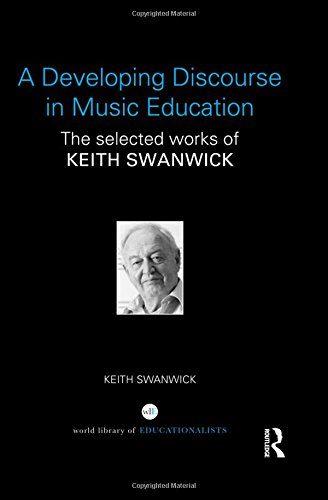

Most ebook files are in PDF format, so you can easily read them using various software such as Foxit Reader or directly on the Google Chrome browser.
Some ebook files are released by publishers in other formats such as .awz, .mobi, .epub, .fb2, etc. You may need to install specific software to read these formats on mobile/PC, such as Calibre.
Please read the tutorial at this link: https://ebookbell.com/faq
We offer FREE conversion to the popular formats you request; however, this may take some time. Therefore, right after payment, please email us, and we will try to provide the service as quickly as possible.
For some exceptional file formats or broken links (if any), please refrain from opening any disputes. Instead, email us first, and we will try to assist within a maximum of 6 hours.
EbookBell Team

4.8
34 reviewsIn the World Library of Educationalists series, international experts compile career-long collections of what they judge to be their finest pieces – extracts from books, key articles, salient research findings, major theoretical and practical contributions – so the world can read them in a single manageable volume. Readers will be able to follow the themes and strands and see how their work contributes to the development of the field.
Since the publication of A Basis for Music Education in 1979, Keith Swanwick has continued to be a major influence on the theory and practice of music education. The international appeal of his insights into the fundamentals of music and music education is recognised in invitations from more than twenty countries to give Key Note presentations, conduct workshops, and advise as a consultant. These include such diverse places as Kazakhstan, Colombia, Iceland and Papua New Guinea. During 1998 he was Visiting Professor, University of Washington.
In this collection, Swanwick brings together 12 of his key writings to present an overview of the development of his own work and of the field of music education. The text allows the reader to consider Swanwick’s approach to music education and how it is characterised by a concern for musical, and to some extent wider artistic, processes, shaped by his experience as a teacher and performing musician in a variety of settings, and also by the influences of philosophers, psychologists and sociologists.